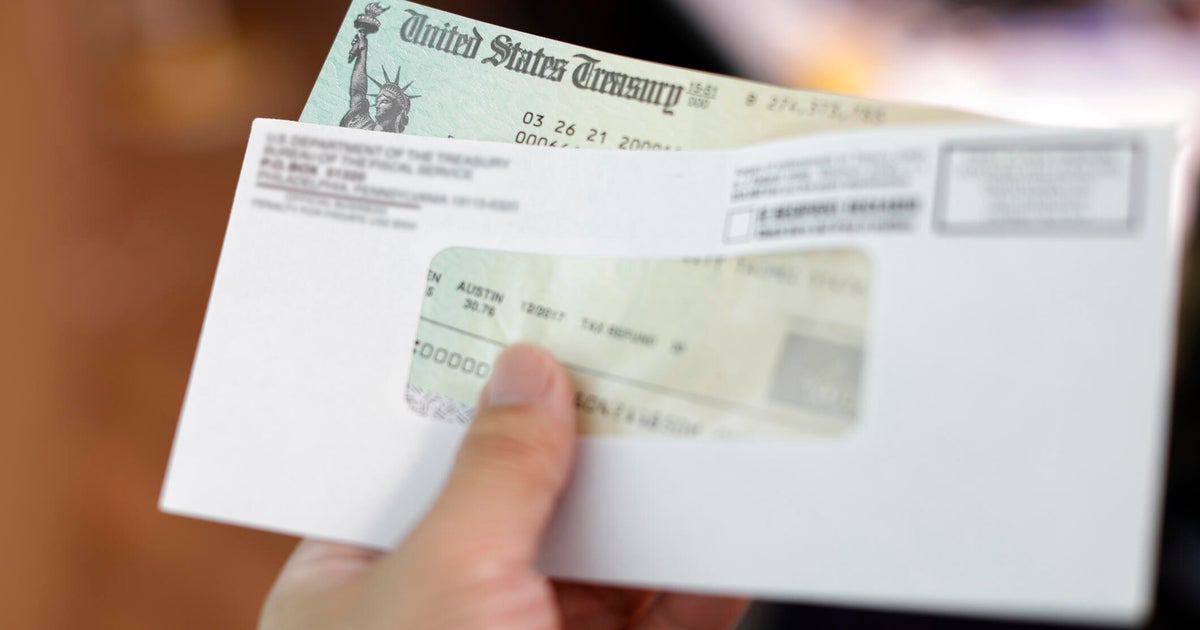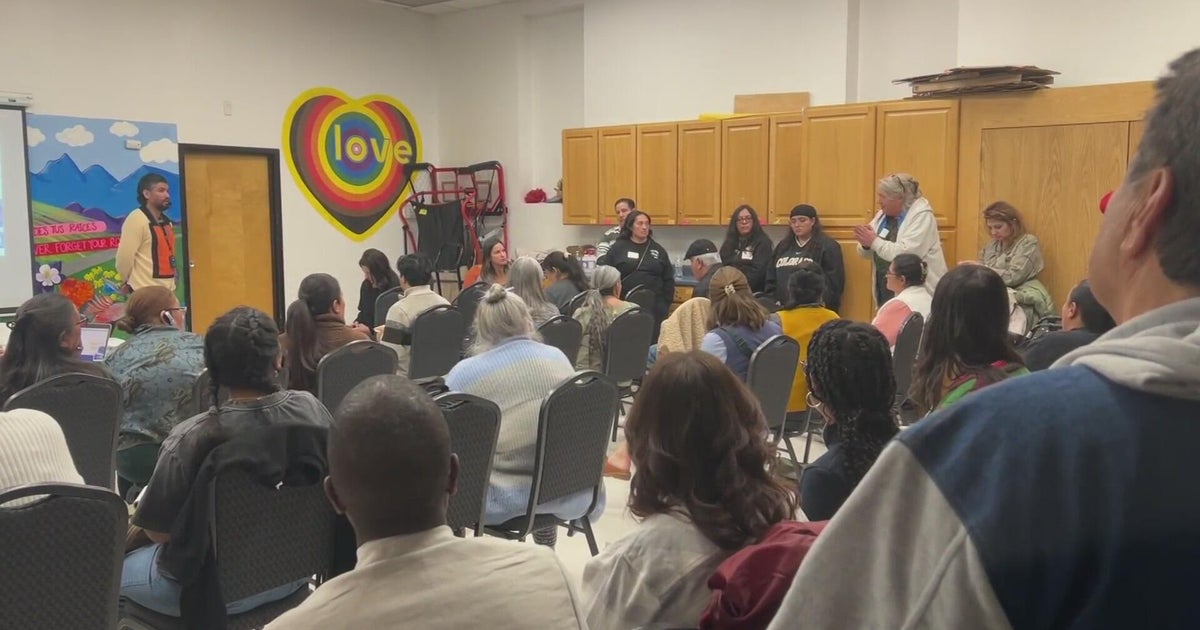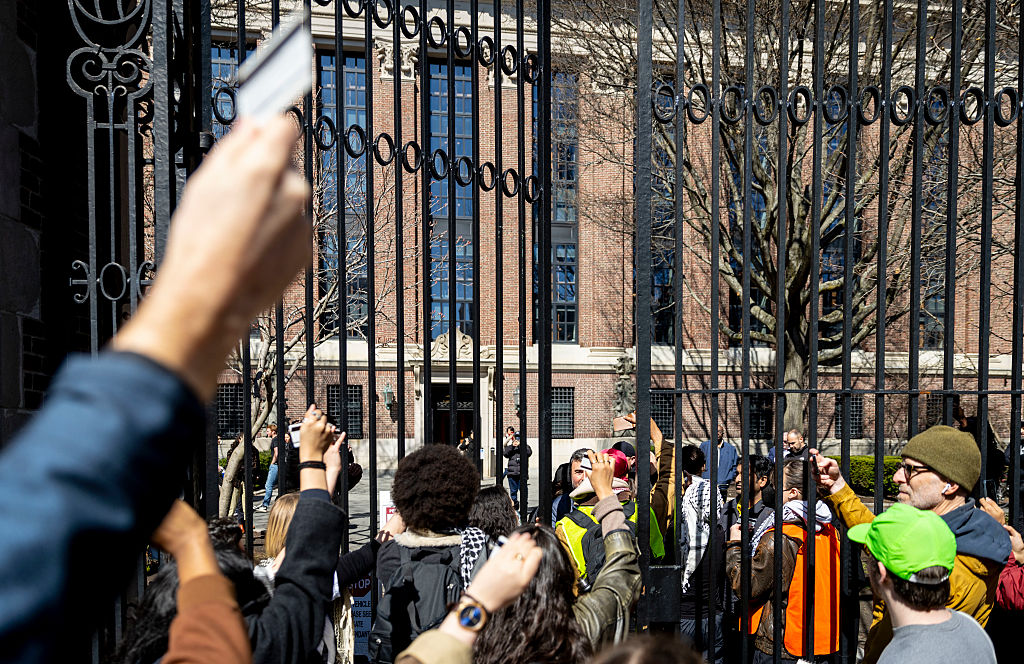Will private student loans be forgiven?
In August, President Biden outlined his plan to cancel up to $20,000 in student loan debt for qualified federal loan holders to give "relief to the millions of borrowers who need it the most."
The eligibility qualifications were wide and covered a range of those with federal student loan debt. Specifically, those earning less than $125,000 annually (less than $250,000 per year per couple) can have up to $10,000 of their federal student loans forgiven. And borrowers with Pell Grants (traditionally provided to students with the highest financial need) can possibly qualify for an additional $10,000 in student debt forgiveness.
Mr. Biden said the move would affect approximately 43 million federal student loan borrowers. Nearly 90% of people who will benefit from the plan are making less than $75,000 annually, Mr. Biden noted.
Those who fall into one or more of the eligible debt ranges can apply for forgiveness now via an online federal application.
But what about the borrowers who don't qualify for forgiveness? Those with private student loans, specifically, are not eligible for Biden's plan and there doesn't seem to be immediate relief on the horizon.
Student loan refinancing, in this case, is worth exploring. Borrowers should take a few minutes now to determine if they qualify for a lower rate, thus reducing their monthly payments.
Refinancing private student loans, at least in the current economic environment, is the best way for such borrowers to get immediate relief. The outlook for private student loan forgiveness, meanwhile, is murky.
Will private student loans be forgiven?
The short answer? Private student loan forgiveness isn't impossible but it's unlikely. After all, Mr. Biden's action is tied to the federal government. Loans owed to private lenders are different.
Mr. Biden's reach likely won't extend much further. Theoretically, he could attempt to have the government wipe out the balance sheets of select private lenders, thus erasing the debt borrowers owe to those individual lenders. But that's not something that he announced, offered or even seriously suggested.
With this in mind, private student loan borrowers looking to cut costs should instead look to refinancing as the next best thing. You can get started by comparing student loan refinance offers today. Refinancing may not be as big of a boost as forgiveness but it will help.
Private student loan forgiveness alternatives
- Payment pause. This is not easily provided but borrowers could potentially request (and possibly obtain) a pause if they request it from their private lender.
- Lower monthly payment or interest rate. Similarly, this won't be offered but it could potentially be asked for in a call from the borrower to the lender.
- Student loan consolidation. You may be able to change the terms of your loans and consolidate them at a lower interest rate. It's worth asking the lender if this option is possible.
Still not sure if these options are the best for your private student loan? Crunch the numbers and see if refinancing is best for you. You can get the process started right now.
Other student loan forgiveness plans
If you're steadfastly committed to clean forgiveness for your loans, though, you can potentially qualify for other forgiveness plans.
Depending on your personal financial situation, your career or your military background, you may be eligible for other student loan forgiveness programs. Specifically, you may apply for:
- Teacher Loan Forgiveness: For full-time teachers who have worked five complete and consecutive years in certain schools or services that serve low-income students.
- Public Service Loan Forgiveness (PSLF): For full-time government or non-profit workers who have made at least 10 years' worth of payments (120 qualifying payments).
- Income-Driven Repayment (IDR) Plans: For those who repay loans under an income-specific repayment program. The Biden administration is proposing new rules to make this plan more inclusive and to help lower monthly payments (learn more).
- Military Service: For eligible members of the U.S. armed forces (learn more).
- Volunteer Work: Those who successfully finished an approved AmeriCorps or Peace Corps may qualify.




